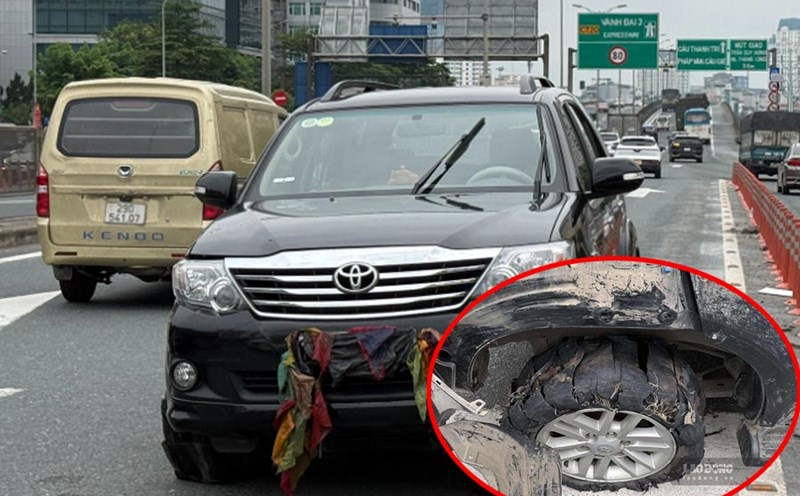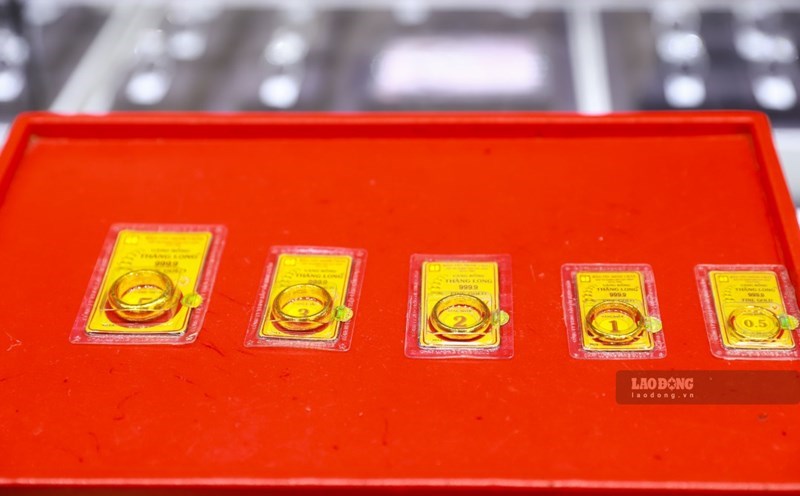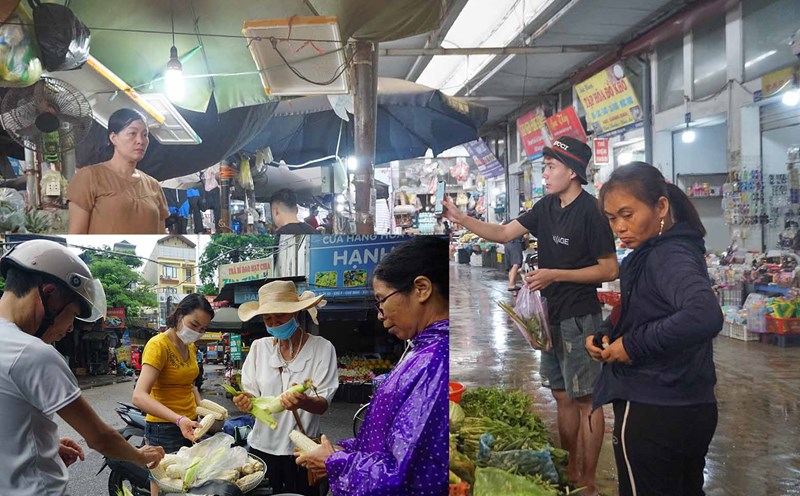Bringing the specialties of Bay Nui to the big sea
"Today I am attending a workshop in Can Tho, and tomorrow I have to bring my goods to an international fair in Ho Chi Minh City, a day to meet Danish customers...". After many missed appointments, I finally met General Director Chau Ngoc Dieu at the headquarters of Palmania Joint Stock Company located in Tri Ton commune of the Bay Nui region of An Giang province on the occasion of Sen Dolta, the anniversary of the Khmer people in the South.
In a small, lovely space that is both an exhibition and packaging office, Diu commands 10 human resources to busy packaging stages. We are completing an order to Korea - Diu laughed as ifrying away the bustling atmosphere of work. And I was very impressed with the company's "useful and creative" atmosphere when the interview was interrupted because Diu asked to answer the phone to place an order and invited me to attend promotional events.
All products here share the same ingredients, which are natural honey from the palm fruit tree, a plant endemic to the Bay Nui region and have been closely associated with the spiritual life of the Khmer people for many generations. But the good thing about Palmania is that it has renewed traditional products to a high level in terms of design and quality. Promoting the application of scientific advances, Diu and his colleagues have turned sweet drops of mountain honey into 7 commercial specialties, such as: freshly canned palm note, palm note sugar, palm note honey, water with water honey color.
Still retains the sweetness, thickly thickening and the traditional flavor of natural pancakes, but with the application of post-harvest technology, Palmanai's products also ensure food hygiene and safety. Therefore, in addition to being recognized as a 4-star OCOP product, this is also the first and only jaggery producer in Vietnam to be recognized by 3 prestigious organizations as meeting organic standards (Canada - USCOEA, USA - USDA and Europe - EU). This is considered a global approval for Palmania products to conquer all customers. Currently, Palmania products are sold at clean food systems across provinces and cities in the country and exported to countries: Korea, Poland, Finland, Japan and the UK - Dieu shared.
According to Du, in the near future, the consumption market and customer base will continue to expand, when the company launches 5 new products. Notably, the improvement of the traditional hydroponic starch farming process creates Chu thnot tuk (sour hydroponic starch water) to process into fermented hydroponic starch products to aid digestion as a flavoring drink.
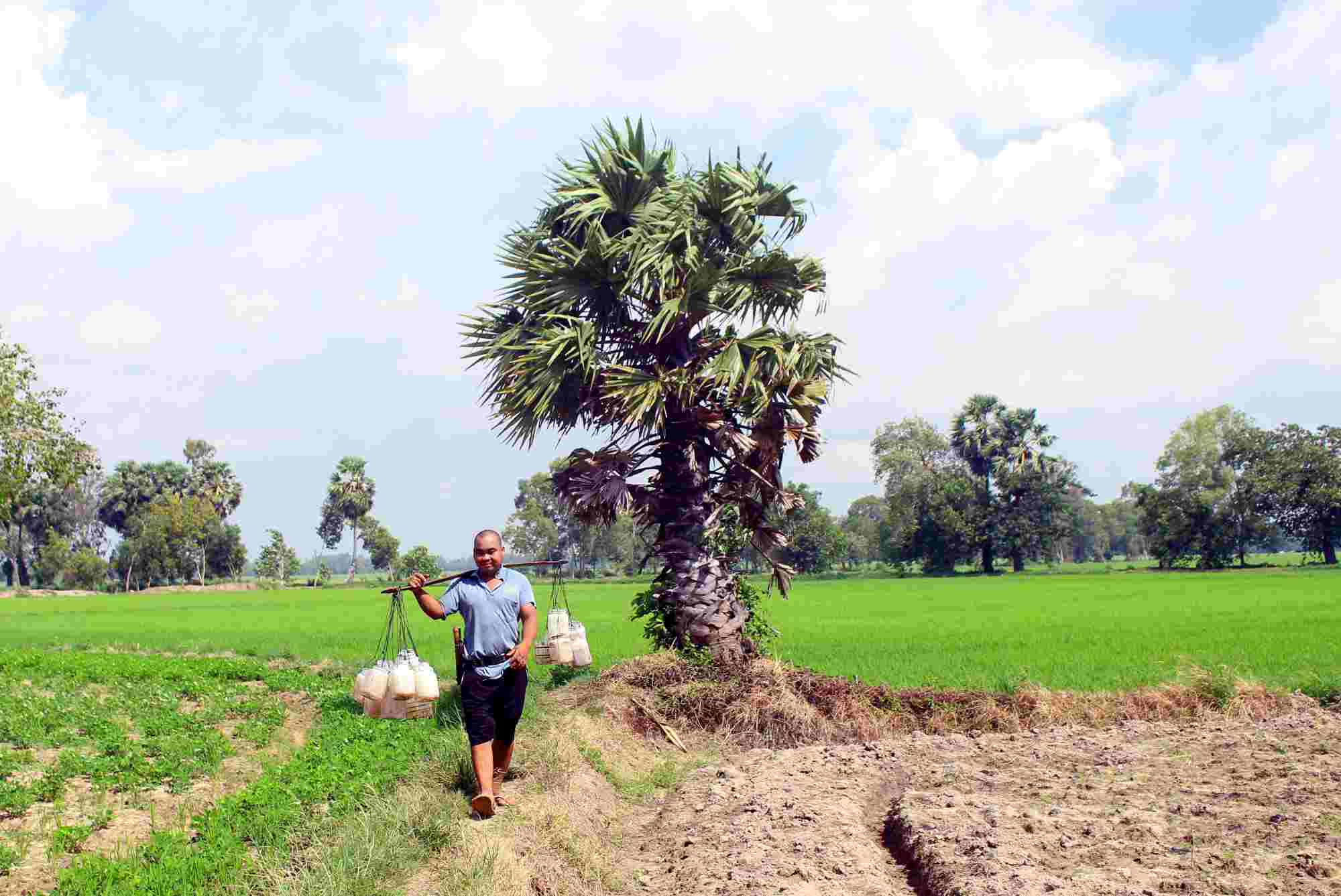
All as fate
We started Palmania from negative numbers - an 8x generation Khmer girl that made us extremely surprised by her unprecedented journey to start a business. In 2017, while on good terms as the head of a community welfare organization in Ho Chi Minh City, Diu decided to return to his hometown to start a business with a heartfelt surprise to his friends and relatives.
Everything is fate - Du recalled. Many times, Vietnamese friends working abroad asked me to buy palm sugar, but could not do it because the honey patches were no longer like before because the process of exploiting and processing palm sugar had gradually shifted away from the phase. At those times, the memories of the sweet, hometown- based specialties that Khmer children enjoy like candy suddenly arose and urged me, the voice of Diu said.
Not only knocking on the doors of teachers from institutes and universities, Dieu and his colleagues also actively attend seminars, creative idea contests... to accumulate, gather knowledge and experience to establish a solid private path at the cheapest price. From this platform, Palmania forms a business philosophy: Clean food - beautiful designs - good for health and the environment.
To implement the plan, Palmania invested in clean raw material areas. It was also a long and challenging journey. Not only investing in arranging tools, exploitation and processing means, Ms. Diu also buys more than the market price and is willing to lend money without interest when there is a need to buy notebooks, notebooks, and clothes for children to study just to require us to do it properly according to the traditional method and absolutely not using chemicals - Mr. Chau Soc Phik, one of 20 households exploiting and processing honey from more than 1,000 palm trees in the Bay Mountains cooperated with Palmania.
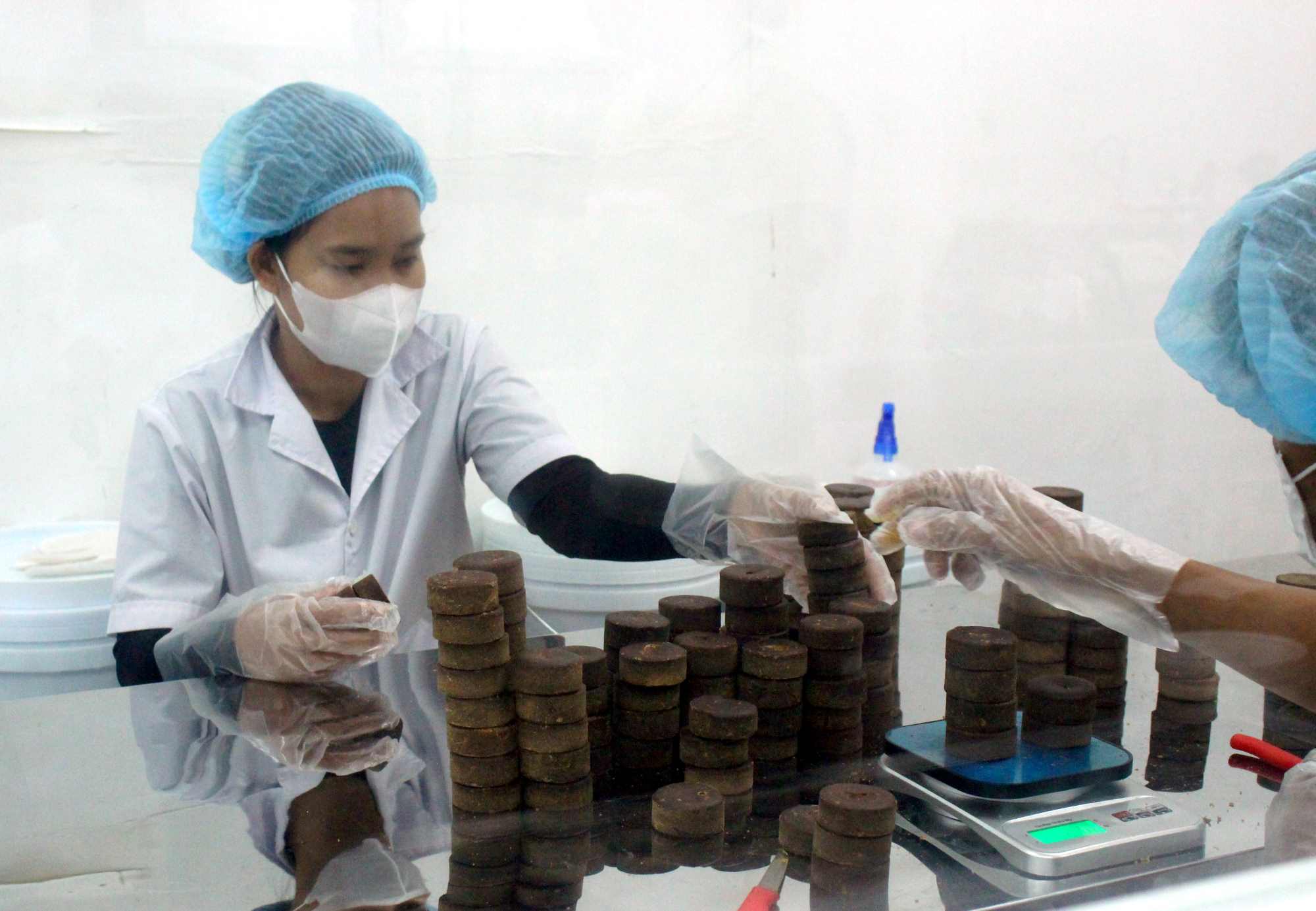
To have this connection is a journey, which if there is no strong passion like the name Palmania that Diu chose (in Khmer, Pal is theotot tree, Mania is the passion), it is difficult to overcome. Because behind those sweet drops of honey is a sea of sweat and many tears of trial and error.
Currently, Palmania supplies the market with dozens of tons of palm sugar products each year with sales of up to billions of VND. This is considered the initial index for the journey to successfully bring the hometown's specialty to the big sea. But for now, Palmania has created a happy environment for the family and the environment of palm trees right in their hometown. Palmania currently employs 10 workers with an average amount of 8 million VND/person/month. During the main harvest season, it also handled dozens of seasonal workers with an income of 350,000-500,000 VND/person/day. Mainly female workers.
We do not discriminate but want to create a solid rear to protect family happiness - Dieu surprised us with the humanistic philosophy of the business. Because even calling for facilities that do not store chemicals also implied that it would create opportunities for the wife to participate in the preliminary processing immediately. Thereby affirming the economic role of women in the family, thereby further affirming the value and voice of women in the family.





